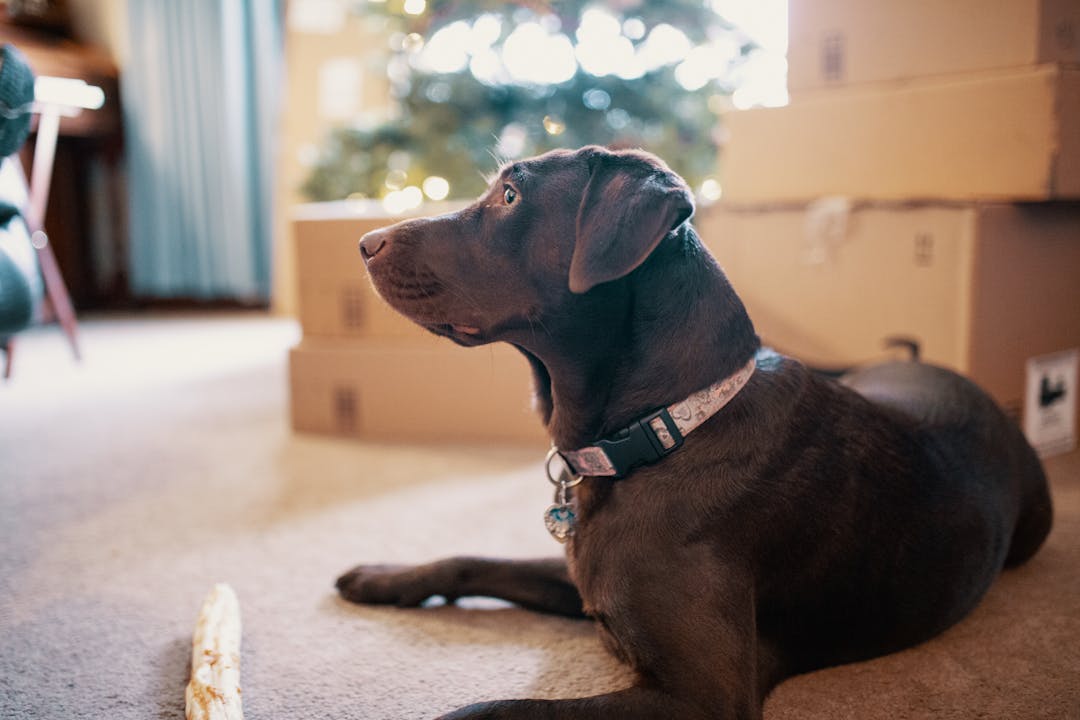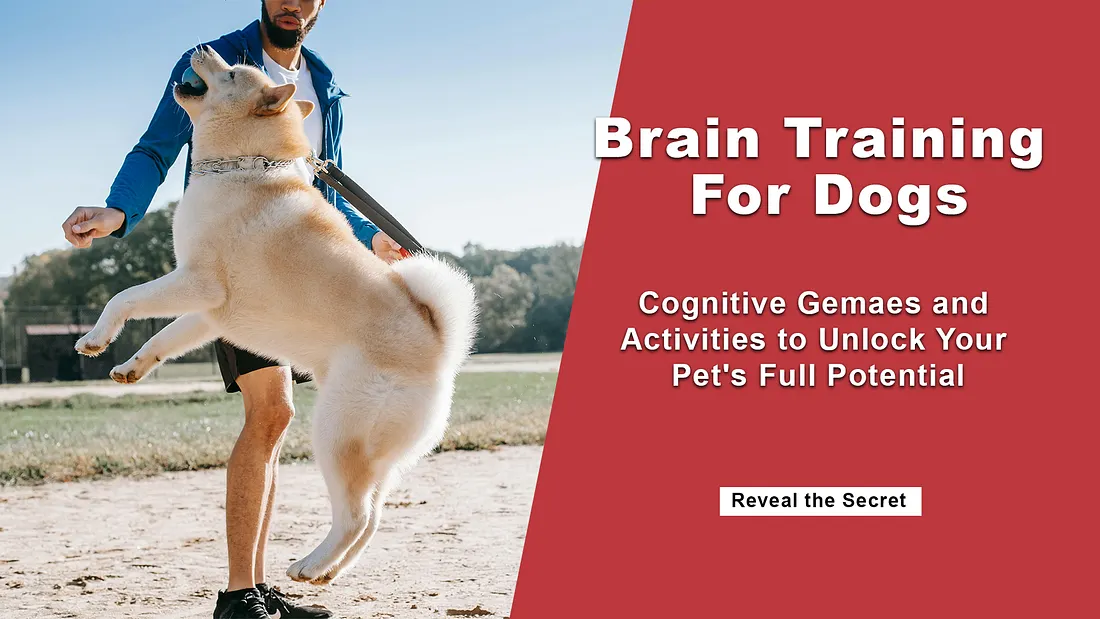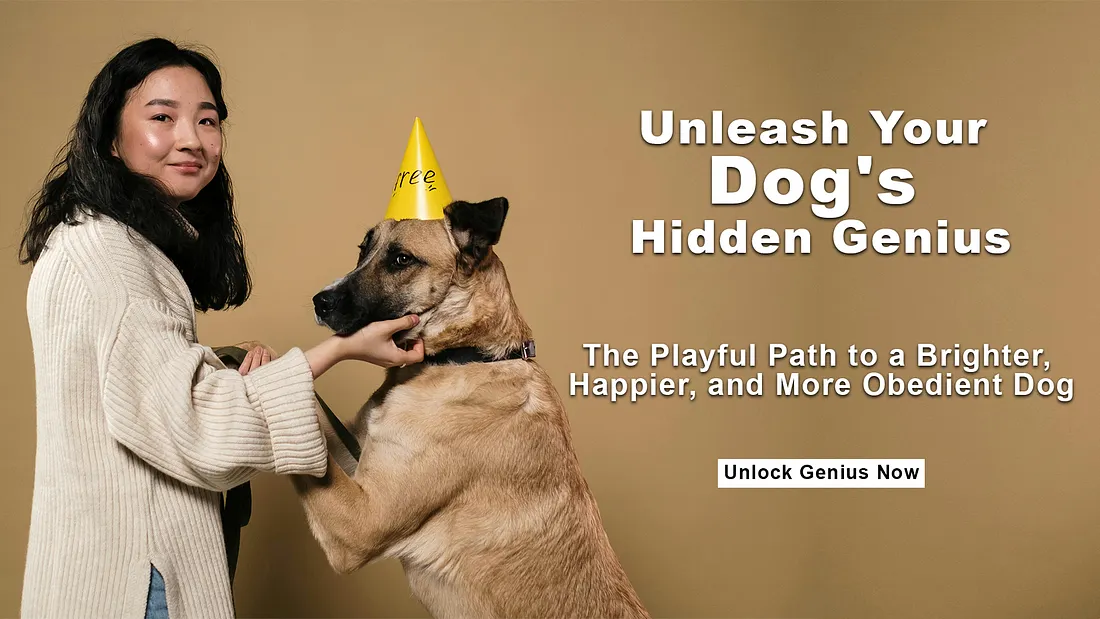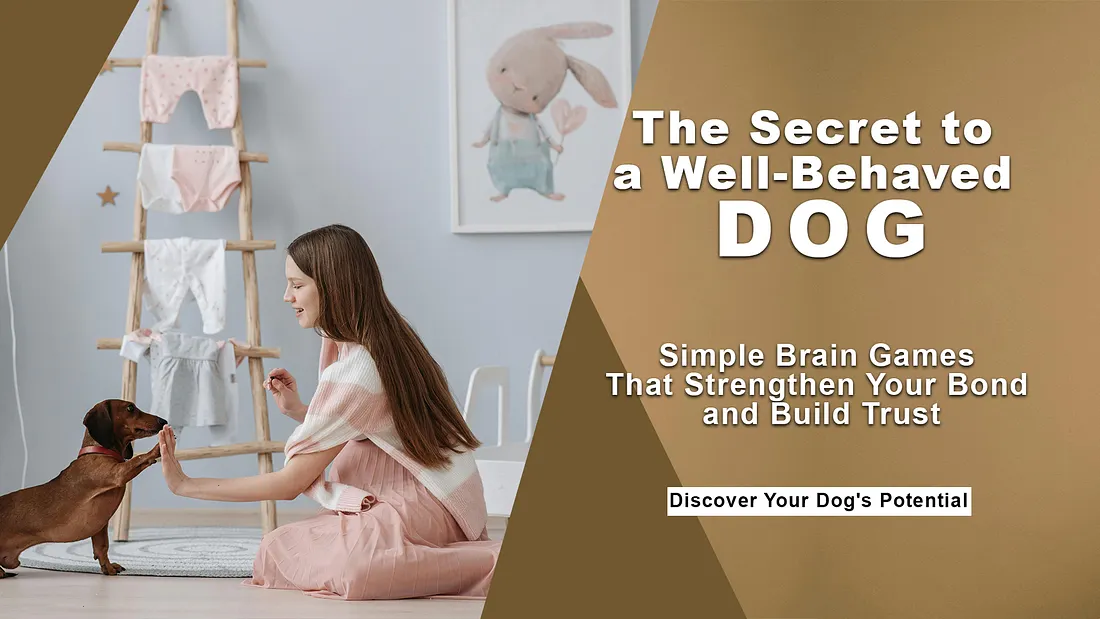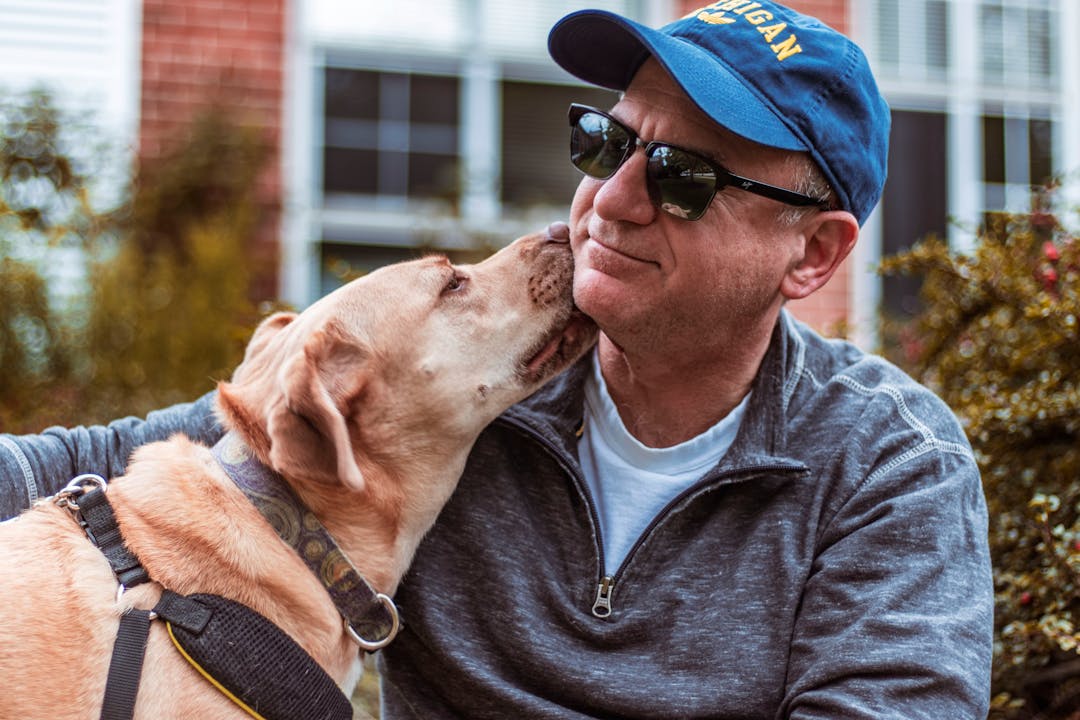Building a Stronger Bond: Trusted Dog Trainers Near You
Change Your Dog’s Bad Habits with Fun Games
Those annoying habits we often see – jumping on visitors, barking too much, tugging on the leash, you name it – often stem from not getting enough exercise, under-stimulation, or a misunderstanding of what you expect. Positive training can change that!
- Does your pup get overexcited with visitors? Turn fetch into a jumping redirect.
- When guests arrive, before your pup has a chance to leap, send them on a “mission” to fetch a favorite toy.
- Give them lots of attention and have your guest pet them once they bring the toy.
Dog Training Academy: Is your pup more “ruff” around the edges than refined? Are you craving a better-behaved canine companion? The right dog trainer can make all the difference! Let’s break down how to discover the best dog training resources in your local area. Here we will discuss all the keywords like Dog Training Usa and Dog Behavior Before Human Labor.
The Importance of Dog Training: Discover the Benefits
Dog training isn’t just about fancy tricks. It’s about improving your dog’s behavior :
- Stronger Bond: Working together builds trust and strengthens your relationship with your dog.
- More Secure Dog: A obedient dog is less likely to bolt, get into fights, or demonstrate harmful behaviors.
- More Peaceful Household: Training helps with challenges like incessant barking, chewing, and indoor mishaps.
Kinds of Dog Training Options
There is more than one way to teach an old dog new tricks! Here are some common training options:
- Obedience Classes: These cover basic commands (sit, stay, come), walking politely on a leash, and socialization. These classes are perfect for puppies and dogs new to training.
- Private Training: These sessions address specific behavioral issues or advanced training goals.
- Immersive training programs: Your dog lives with the trainer for intensive training over a few weeks.
- Specialty Training: Options include agility classes, nose work, or guard dog training.
Selecting the Right Dog Trainer
Avoid simply selecting the first name you come across online. Inquire about its meaning how it came to be its background :
- Are their methods based on modern techniques or outdated punishment methods?
- Ask about credentials like CPDT-KA, which indicate professional knowledge.
- Experience: Have they worked with dogs similar to yours?
- References: Can they provide client references?
The Secret to a Well-Behaved, Content, Joyful Dog
Everyone desires a well-behaved companion by their side. But behind every well-behaved dog isn’t just a series of commands, but also a dog that is mentally stimulated, receives plenty of exercise , and deeply connected to its owner.
Play all three :
- Our furry companions, just like humans, need to exercise their brains! Engaging in games forces them to problem-solve. This mental workout helps prevent boredom, which might cause unwanted behaviors.
- An exercised dog tends to be a well-behaved dog. Incorporating physical activity into your playtime establishes a healthy routine and provides an outlet for their energy in a controlled setting.
- Nothing strengthens the bond between you and your dog than having fun! Quality playtime encourages positive interactions, builds trust, and gives you insight into your dog’s unique quirks and how they communicate.
Reveal Your Dog’s Hidden Behavior with Engaging Brain Games
Some of the most fun games tap into your dog’s natural problem-solving skills. Here are several engaging brain games to supercharge your training:
- The “Find It” Game: Hide treats or a favorite toy around the house. Let your pup unleash their inner detective to locate the prize. Begin with simple searches and gradually increase the difficulty as they get the hang of it!
- The Cup Challenge: Ideal for honing concentration and building impulse control. Set up three upside-down cups (non-transparent). Conceal a tasty reward under a single cup, then mix them up, letting your dog choose which cup hides the reward.
- Puzzle Toys: Invest in interactive puzzles that make your dog earn its snacks. These mentally engaging toys keep pups occupied while enhancing their problem-solving abilities.
Are you tired of your dog’s destructive habits? This step-by-step program is the solution you need.
The best dog training shouldn’t feel like a chore for either of you. Play-based training changes the whole experience with these key benefits:
- Boosts Motivation: Dogs, similar to children, learn faster when it’s enjoyable!
- Reinforces Recall: Games like fetch or a playful twist on hide-and-seek naturally make your dog want to return to you, building excellent recall.
- Builds Confidence: Completing tasks through play, though seemingly simple ones, builds positive associations and gives your dog a sense of self-confidence.
- Reduces Stress: For both you and your dog! Play is a fantastic stress reliever, and the reward-based approach reduces the frustration that can come from traditional training methods.
Stop Battling with Your Dog: Train Through Play
If the traditional “sit,” “stay,” and “heel” approach leaves you exasperated, it’s time to consider play. Remember, dogs don’t speak our language – they learn through actions and repetition. Games break complex things down into playful steps, helping them succeed in a non-pressured, happy environment.
Here’s how to incorporate play into basic training:
- Don’t physically maneuver your dog into a seat, hold a treat above their head. As they naturally raise their head to reach it, gently guide it back so they end up sitting. Immediately reward them! Now, you can say “sit” as the action happens. Try a similar approach by lifting a paw for “shake.”
- Rather than teaching rigid stillness, turn “stay” into an active game. Have your dog sit and stay for a brief moment, then toss a toy a short distance. Release them with an enthusiastic “go get it!” and reward them for returning instead of chasing the toy endlessly. Gradually make the “stay” longer.
- Instead of struggling with the leash, turn your walk into a playful “follow the leader”. Change speeds suddenly, walk in circles, and switch directions without warning. Reward your dog for staying by your side. Add in a verbal “heel” cue as they keep up with you.
Dog Training Academy
Want a more intelligent, healthier, better-behaved dog?
There’s not any magic pill for a perfectly behaved dog. However, regularly making time for engaging, playful training sessions is as close as it gets. You’ll observe the benefits extend beyond just the specific commands you teach.:
- Enhanced Problem-Solving Skills: Mentally challenged dogs become better problem solvers in situations beyond their training. This means they’re less likely to get into trouble out of boredom!
- A Boost in Self-Esteem: A dog who knows playful “tricks” and excels during training feels more confident in their own abilities and their bond with their owner.
- Improved Physical Health: Active play is essential for keeping a dog at a healthy weight and helps alleviate arthritis and other ailments associated with a lack of exercise.
- Decreased Anxiety: A well-exercised, mentally stimulated dog is less prone to anxiety and destructive behaviors caused by stress.
The Surprising Way to Strengthen Your Bond with Your Dog
A key time you dedicate to playful training isn’t just about the results; it’s an investment in the most important thing – your relationship. Dogs thrive on positive attention and shared experiences. Play fulfills both those needs and makes you your dog’s best playmate.
- Learn Your Dog’s Language: Through play, you’ll better understand their likes, dislikes, and how they communicate.
- Does a tail wag with a tucked rear mean nervousness instead of pure joy? Play gives you a window into their world.
- Build a Stronger Bond: Play-based training eliminates harsh corrections and emphasizes positive reinforcement. Your dog will see you as a source of joy, not just someone giving orders.
Red Flags to Be Aware Of
- Trainers who promise instant fixes
- Those who primarily use dominance-based approaches
- Anyone who prohibits you from attend a session
- Trainers who pressure you into costly programs upfront
Local Dog Behavior modification Resources
- Ask your vet: They often have great recommendations.
- Contact pet stores or shelters in your area: They may provide training courses or recommendations.
- Do an online search: Try searching for “[your city] dog training classes”. Check out reviews on Google, Yelp, or similar sites.
- Join local dog groups: Use social media or Meetup.com to find dog owners with trainer recommendations.
Keywords: Dog Training Usa, Dog Training Academy, and Dog Behavior Before Human Labor. Your location is near Sacramento, California, Sacramento, 95823.
Let the excitement begin!
Keep in mind, play-based training is all about adapting and having a blast alongside your pup! Let your creativity run wild, make things silly, and celebrate every small success along the way. You might even find yourself rediscovering the simple joys of being a dog owner as your loyal companion blossoms into their happiest and most well-behaved self.

